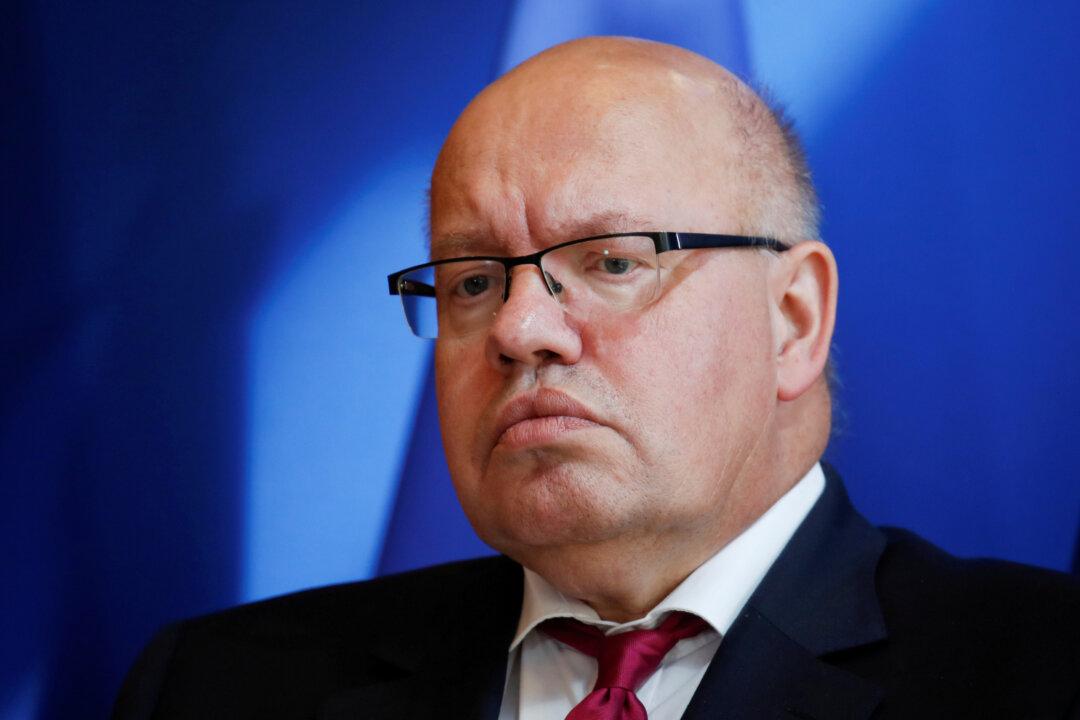BERLIN—Germany set out plans on Nov. 29 to create a government committee to step in quickly to protect companies against foreign takeovers, a sign of concern about China and others acquiring its technology.
The finalized industrial strategy outlined by Economy Minister Peter Altmaier is also intended to prevent the erosion of Germany’s manufacturing base, on which much of its wealth is built.





